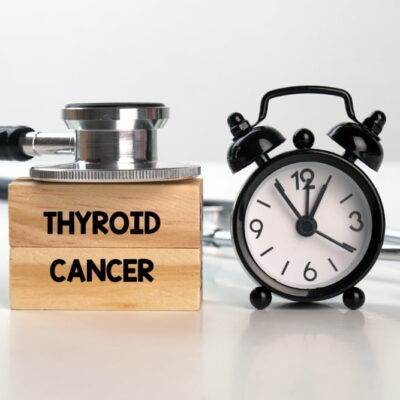
5 Lifestyle Tips to Manage Depression
Depression is a mental health condition that affects millions of people globally. It can significantly impact one’s daily life, relationships, and overall well-being. While seeking professional help is crucial, there are also several lifestyle changes one can make to manage depression. Exercise, eating healthy meals, and self-care are just a few examples of how people can improve their mental health. This article explores five lifestyle tips that may help manage depression and improve mental health.
Staying physically active
Research indicates that engaging in consistent physical activity is crucial for improving one’s mood, particularly when managing depression. It doesn’t matter what exercise one does—one can choose whatever one enjoys. Even brisk walking can be a beneficial kind of exercise. However, if one doesn’t exercise currently, one can start slowly and gradually increase the time to 30 minutes a day. Getting a friend or family member involved or enrolling in a class can be beneficial. Participating in an activity with someone else might be advantageous since it helps support habitual adherence. However, those who are not active should consult their doctor before starting. A healthcare professional can also assist in creating a personalized exercise schedule.
Maintaining good sleep hygiene
A poor sleep schedule particularly impacts one’s mood, as the neurotransmitters necessary to support the mood replenish as one sleeps. Hence, it is imperative to get restorative sleep for a balanced brain function and to overcome anxiety and depression. Studies suggest that people who do not get an adequate amount of sleep every night are more susceptible to developing depression than those who sleep through the night.
Eating nutritious meals
Naturally, when stressed, people forgo good nutrition and seek refuge in comforting things. However, it is imperative to be careful about one’s eating habits, as a study depicts a direct link between what one eats and one’s mental health. Some reports even advise that improving nutrition goes a long way toward treating or preventing mental illness. Several brain-essential nutrients affect depression. For instance, studies suggest that zinc deficiency is often a prevalent depression symptom. Thus, having nutritious meals can significantly help lower depression symptoms. However, before incorporating any significant changes, one must consult a doctor. One can also add some vitamins or supplements for a better outcome.
Finding ways to curtail negative thoughts
Depression may make one feel pessimistic. Hence, to cope with the condition, it is important to indulge in cognitive behavioral therapy to alter the patterns of negative thinking or cognitive distortions. One can also take online courses, download self-help apps, or read books that teach an individual how to change the unhealthy/negative thought process.
Managing stress
When one feels stressed, the body releases a cortisol hormone. While it is a good thing in the short term as it helps one endure whatever is causing stress in one’s life, it can be problematic in the long run, as it leads to problems like depression and anxiety. So, it is important to practice techniques like yoga and meditation that can help reduce stress levels to lower the probability of becoming depressed.


